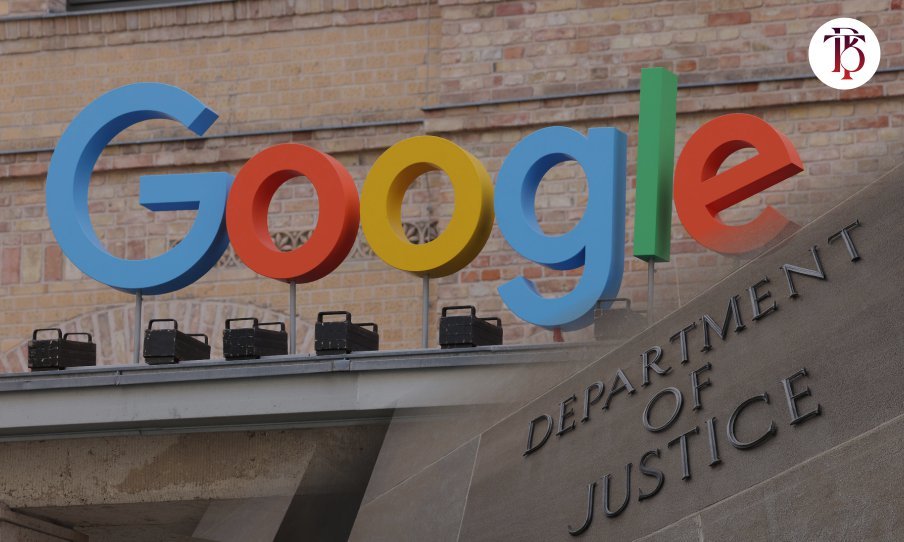The Antitrust Push Against Google May Be Losing Steam.

Around 6 years ago, the phrase Break Up Big Tech moved from a slogan to a rallying cry. It began shaping campaign speeches, congressional hearings, and antitrust policy debates. Under President Biden, the Department of Justice and the Federal Trade Commission adopted a tougher approach. Lina Khan, appointed to lead the FTC, initiated complaints against Google, Meta, Amazon, and Apple.
These moves carried weight, even if they did not carry the same fiery tone as that of outspoken critics such as Elizabeth Warren or Bernie Sanders. Much of this was driven by the Antitrust push against Google, which quickly became central to the larger narrative on Big Tech regulation.
In August 2024, Judge Amit Mehta declared Google an illegal monopoly in online search. That decision seemed like a turning point in the Google antitrust case and the broader Antitrust push against Google, reigniting public focus on how far courts would go in dismantling a Google monopoly.
Then came the remedies ruling, and the momentum slowed. Some began to ask, Is the antitrust push against Google losing steam, given the cautious remedies compared to earlier demands.
Mehta’s Measured Ruling
In September 2025, Judge Mehta issued a narrow decision. He turned down sweeping demands from the Department of Justice, which had sought measures like forcing the sale of Google Chrome or blocking Google from making default search deals, even with Apple. Observers saw this as a softening blow in the ongoing Google lawsuit.
Instead, he imposed behavioral remedies. These included banning exclusive search contracts and requiring Google to share parts of its search index and user-interaction data with competitors. Although limited, these measures kept the Antitrust push against Google active in legal and policy debates.
Mehta explained his cautious approach by pointing to the rise of generative AI tools such as ChatGPT and Claude. He argued that such tools were already disrupting the Google monopoly. That trend, he said, gave the court reason to pause before imposing more drastic measures, highlighting the Impact of antitrust push against Google on Big Tech in a rapidly shifting market.
However, he made it clear that the door remains open. If competition does not improve, stronger action could still follow in future Google antitrust case proceedings.
Reaction: Relief Meets Frustration
The ruling brought immediate relief for Google and its allies. Alphabet’s share price rose sharply, a signal of Wall Street’s confidence. Apple and Mozilla also welcomed the decision. Mozilla described it as a protection of the open web, while Apple preserved its valuable default search partnership.
Critics, however, viewed the ruling as a missed opportunity. Advocacy groups dismissed it as a light penalty. The Open Markets Institute warned that the decision showed courts might avoid meaningful antitrust enforcement. The American Economic Liberties Project called it judicial cowardice. Senator Elizabeth Warren urged the Department of Justice to appeal, fueling demands for stronger Big Tech regulation and a renewed Antitrust push against Google.
Attention quickly turned to Congress. Gabriel Weinberg, the CEO of DuckDuckGo, called on legislators to act. Senator Amy Klobuchar echoed that call, stressing the need for laws to curb self-preferencing practices of major technology platforms.
What Comes Next?
The ruling highlights a widening gap. Antitrust law moves slowly, while technology advances quickly. Artificial intelligence accelerates this pace even further. Judge Mehta’s decision reflects that reality, aiming for flexible remedies in a rapidly evolving market.
Even so, the Department of Justice is considering an appeal. At the same time, proceedings in a separate Google lawsuit against Google’s advertising business are already underway. That dispute could reopen the possibility of more forceful structural actions, including divestitures, strengthening the Future of Google antitrust challenges.
For now, the movement to break up Big Tech faces a pause. What once seemed within reach now looks like a steeper climb, as one ruling slowed the momentum of an entire movement. Still, the Antitrust push against Google continues to frame debates, shaping both public perception and legislative focus. Some critics worry, Is the antitrust push against Google losing steam, while others see the Impact of antitrust push against Google on Big Tech as a necessary checkpoint rather than an endpoint. Either way, the Google monopoly remains under scrutiny, the Google antitrust case remains central, and the Future of Google antitrust challenges continues to hang in the balance.
